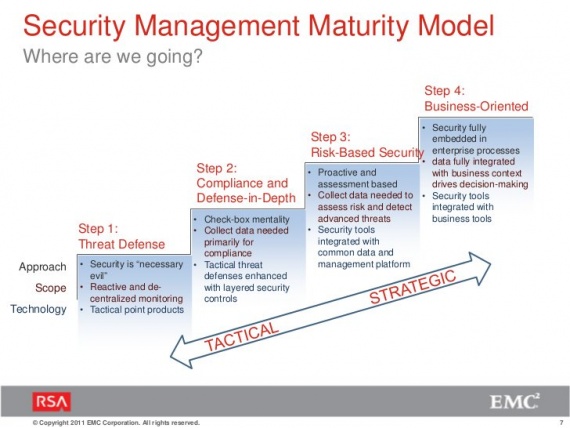KRACK: no big deal either
Either your vital communications are end2end encrypted already, or you have more reasons to worry than just KRACK.
- Endpoints are movable. There was a communication once performed via direct patch cord link. Next day it could go around half of the internet: someone decides to move one of endpoints to the cloud, to a different location, or else. And if you ever use your laptop or smartphone on the public wifi, the attack surface never changed for you at all.
- You cannot reliably protect all endpoints on an Ethernet-like network 100% of the time. Chances are, someone is sniffing you from a compromised device with much higher probability than he/she could get through (relatively) short KRACK vulnerability window.
- Do you watch your wired infrastructure close enough? Are you sure not just every network socket, but every centimetre of your network cabling is under control? Really? If your TV screen or printer in a public conference room is connected to the office network without 802.1x and VLAN separation, KRACK is not an issue.


